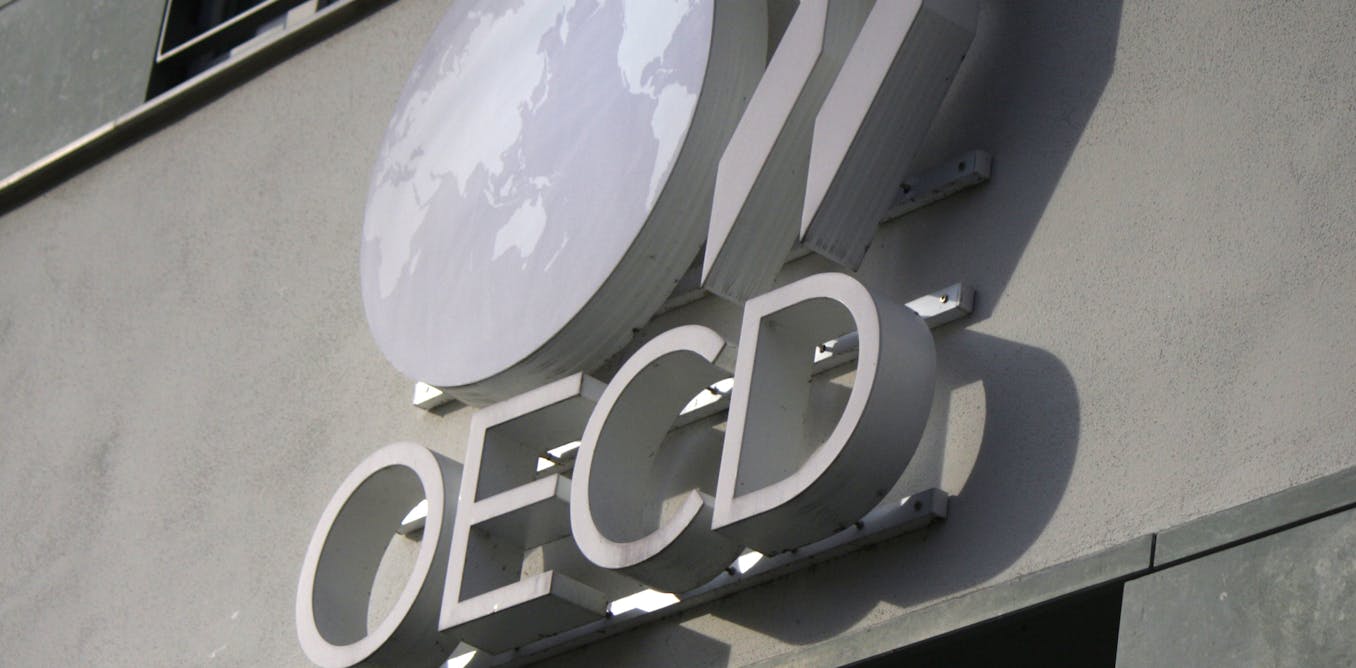International taxation is undergoing significant transformations, led by the Organization for Economic Cooperation and Development (OECD). The OECD has introduced key reforms to combat base erosion and ensure profits are taxed where value is created. In 2021, two major proposals, Pillar One and Pillar Two, were introduced. However, their future is now uncertain following Donald Trump’s return to the U.S. presidency. Pillar One addresses tax challenges from digitalization by reallocating profits of large digital companies like Amazon or Google to jurisdictions where they generate economic value. Pillar Two establishes a global minimum corporate tax rate of 15% for large multinational enterprises. Both initiatives require new reporting and technical capacities from countries. Despite initial enthusiasm, Trump’s administration declared these reforms invalid, citing concerns over extraterritorial jurisdiction over U.S. revenues. The withdrawal of the U.S. has created uncertainty, potentially leading to fragmented tax systems. While Pillar Two has seen success in Europe, countries like India and China remain skeptical. The UN is emerging as a potential new platform for negotiating a more inclusive international tax system. The outcome will depend on political will and dialogue between global powers.
— new from The Conversation
